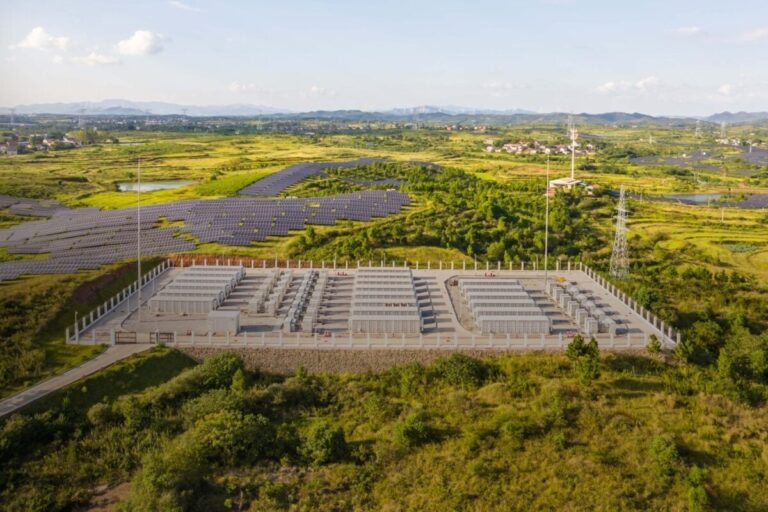The latest Renewable Energy Country Attraction Index (RECAI) from Ernst & Young (EY) has placed the UK battery energy storage systems (BESS) market third globally.
The RECAI is a biannual report that ranks countries based on how attractive their renewable energy sector is for investment. The report places Britain sixth, a step forward partly attributed to increased government funding for the Contracts for Difference (CfD) programme, which received more than £1 billion in the most recent round of auctions (AR6).
According to EY, increasing electrification and the proliferation of renewable energy sources will pose challenges for grid management, as well as system adequacy and price volatility. BESS can be part of the solution and investments in the technology are increasing.
Britain’s battery energy storage pipeline has reached 95 GW, an increase of 67% on last year. Battery storage capacity is expected to increase to 24 GW by 2030, with upgrades to the National Grid ESO’s Open Balancing Platform (OBP) that supports bulk shipping of battery storage in real time.
According to ESO data approx half of the battery unit’s shipping volume is now instructed through the OBP.
Furthermore, BESS has been classified as a generation asset in a new energy bill, relaxing the rules surrounding construction and offering specific tariff structures. The advanced design of the UK energy market includes an established and diverse revenue stack for BESS, and the UK government has committed £20 billion to build a leading battery industry by 2030.
This article first appeared in our sister publication Current±.


